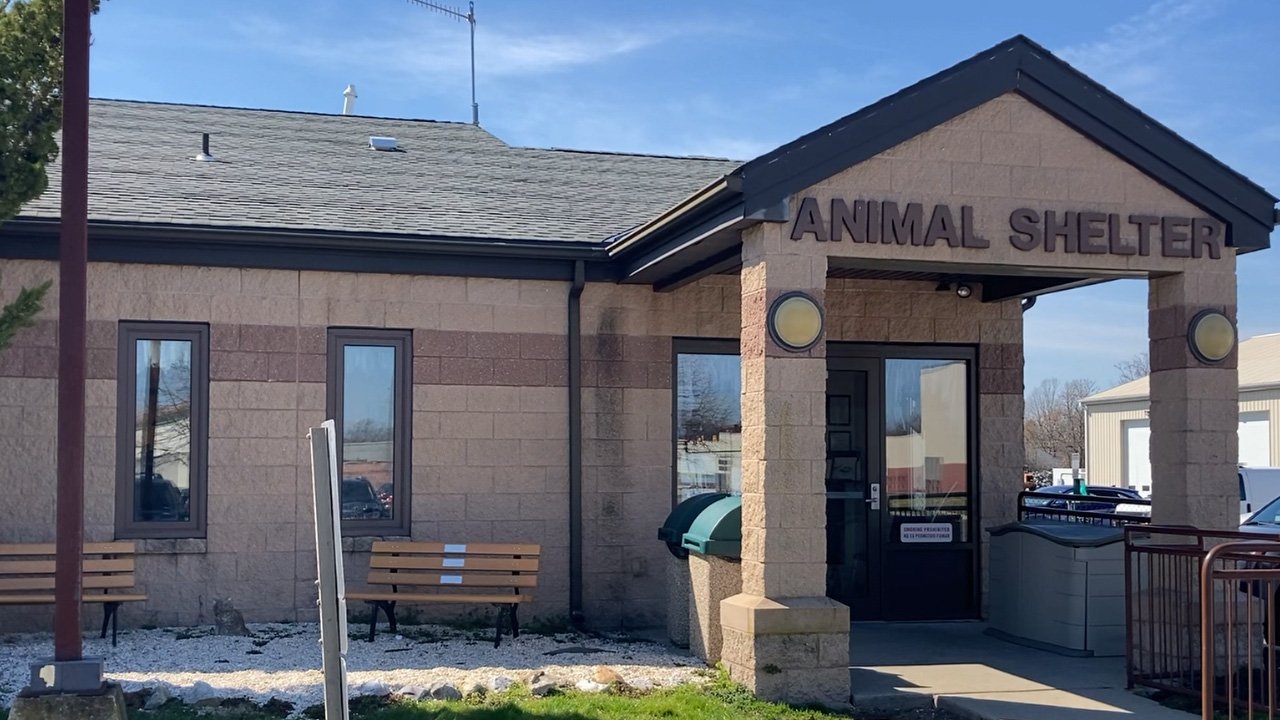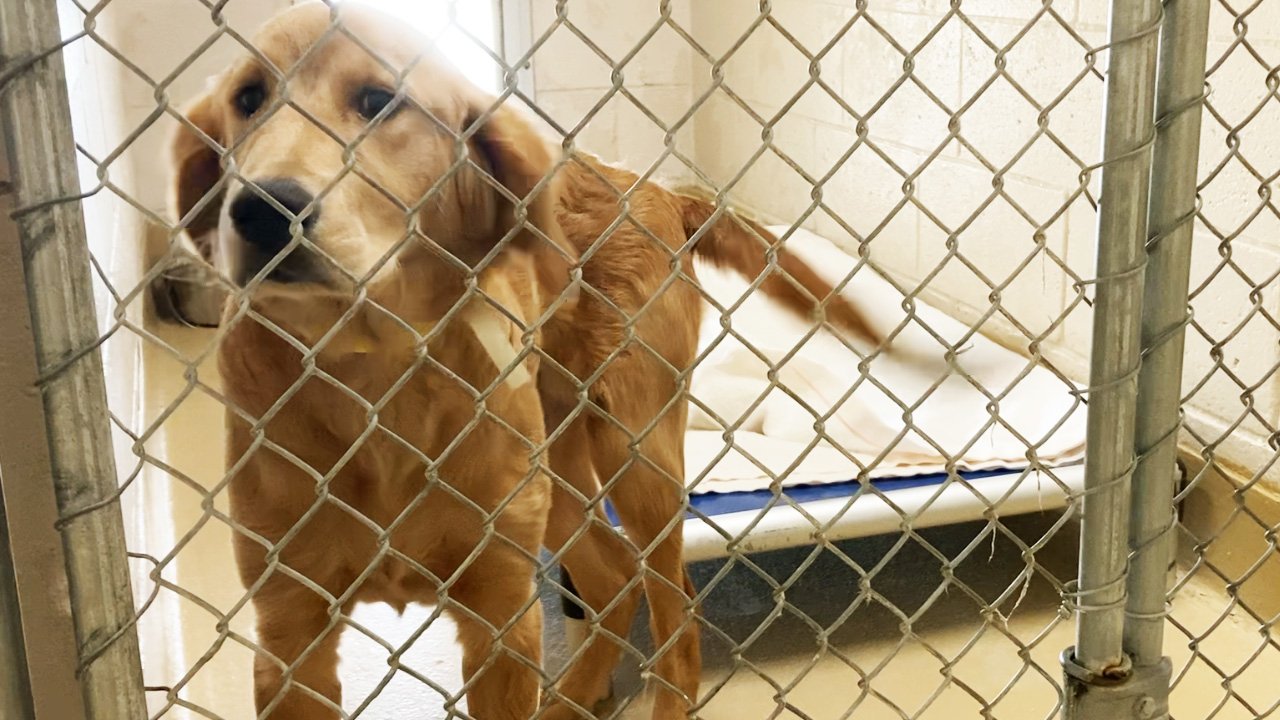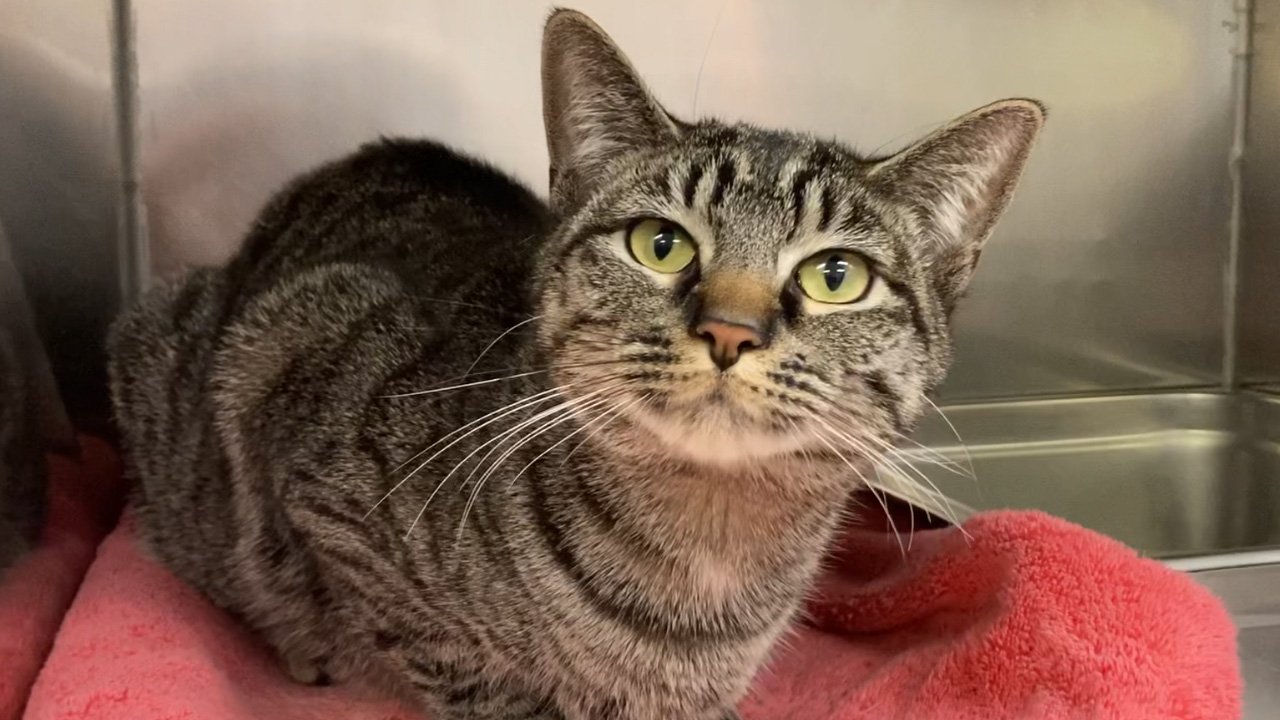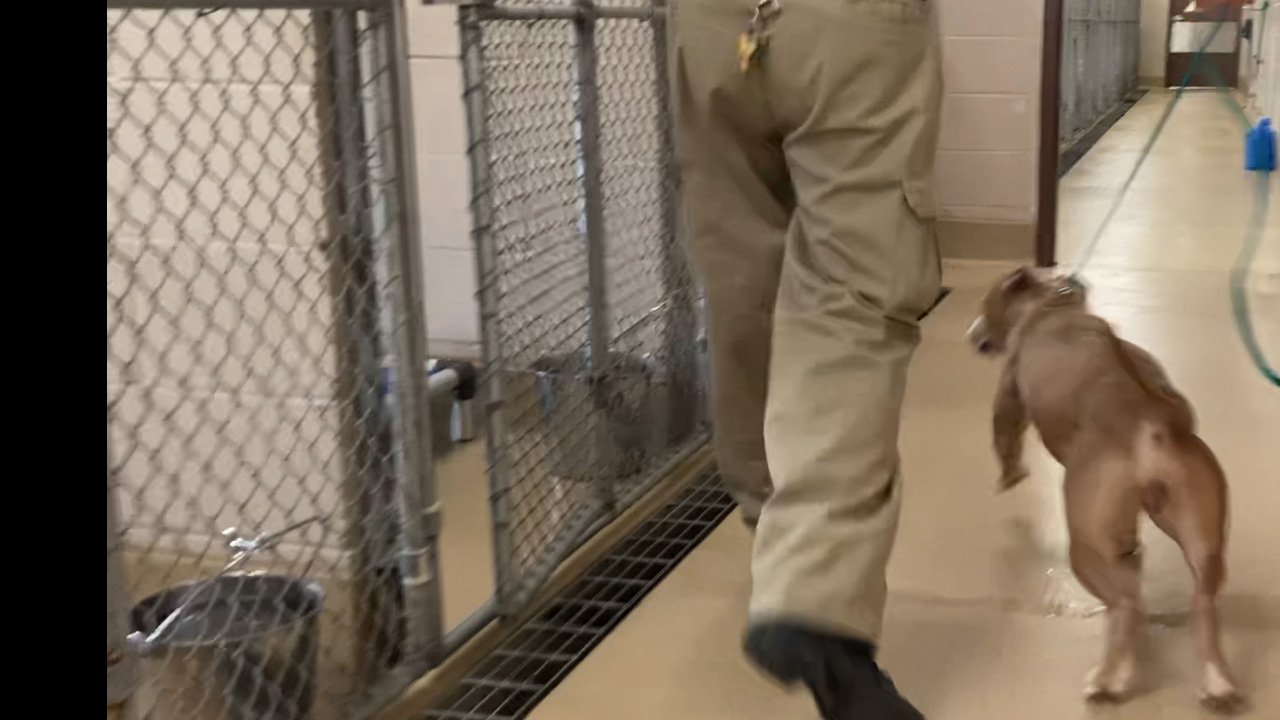Shelter Medicine
Shelter Medicine
Shelter Medicine at the Rowan University School of Veterinary Medicine
Shelter Medicine is an important aspect of the animal health world that students at SSVM will learn. Below is a brief overview of Shelter Medicine.About Shelter Medicine
What is Shelter Medicine?
Shelter Medicine is a branch of the veterinary medical profession that focuses on caring for the homeless animals found in animal shelters. These animals can be many different species including dogs, cats, fish, birds, reptiles, pocket pets/ small mammals and livestock animals. Sometimes even injured wildlife or exotic animals can end up in a shelter before moving on to a wildlife rehabilitation facility, sanctuary or zoo.
The field of Shelter Medicine consists of a diverse population of professionals including veterinarians, shelter workers, animal rescuers, cat trappers, animal control officers (ACOs), volunteers, public health officials, public policy makers, and academic institutions. These professionals all work in various roles to maintain human and animal health through a focus on populations and their interactions.
Types of Animal Shelters
There are many types of shelters that all work in different ways. Some shelters are privately run non-profit organizations while others are managed through municipal or county governments. They can range from small local volunteer programs operating out of a storefront up to very large well-organized programs with an in-depth staff hierarchy and nationally recognized programs. Some shelter organizations do not have a physical building and instead rely on a network of foster homes and kennels to house their populations waiting for adoption.
Veterinary medical schools now commonly train their students in the many facets of shelter medicine which ensures that new veterinarians are learning about varied problems that face the communities where they will serve as future animal and human public health advocates and health care practitioners. Academic veterinary institutions are beginning to focus more resources and attention in the area of Shelter Medicine as they recognize the value of this discipline for their students. Veterinary programs that have not offered training in this specialty are now developing comprehensive programs for their students. Many academic shelter programs also work to support their regional shelters through training and consultation to improve the function and effectiveness of their local and regional shelters. The veterinary profession recognized Shelter Medicine as a distinct specialty field with Board Certification through the American Board of Veterinary Practitioners in 2015.
Issues Animal Shelters Address
Shelter Medicine veterinarians and support workers must always care for the individual animal while also doing what is important for the entire population as a group. There are many logistical and medical considerations that arise when large numbers of animals live together in a facility. Shelter Medicine professionals must evaluate each animal’s behavior and welfare, understand epidemiology and infectious disease management while addressing all medical needs that an individual animal may have when they come into the shelter. These professionals are also in charge of making sure that all animals in the shelter stay healthy so they can quickly find homes through the shelter’s adoption program. Safety of animals, caretakers and environmental enrichment of the animal population are also part of the shelter veterinarian’s work.
When working with a population of homeless animals, many other issues and topics fall under the care and concern of a shelter medicine veterinarian. Shelter veterinarians work in protection of public health, population control (spay/neuter), epidemiology, preventative care, biosecurity, infectious disease control and outbreak response, adoptions, animal behavior and welfare, palliative care, euthanasia, shelter design and function, criminal animal neglect/ cruelty investigation and veterinary forensics, disaster response, feral cat colony/ TNVR initiatives, community outreach and One Health initiatives.
One Health Initiative and Shelter Medicine
According to the Centers for Disease Control and Prevention (CDC), the concept of One Health is “a collaborative, multisectoral and transdisciplinary approach- working at local, regional, national and global levels- with the goal of achieving optimal health outcomes recognizing the interconnection between people, animals, plants, and their shared environment.” The recognition of the link shared between human health, animal health, plant health, and environmental health has become more and more important as human, animal and plant populations come into more frequent contact. Human populations are growing and moving around the world, and new populations are interacting with opportunities for the spread of disease between animals and people. Zoonotic disease is the term for illnesses that can be spread between animals and people, and an animal shelter’s medical protocol often has a primary focus of disease surveillance and prevention. Rabies virus is an important example of a serious, often fatal zoonotic disease that all veterinarians but especially shelter veterinarians are always working to prevent and recognize all around the world. Other commonly known zoonotic diseases are Salmonella infection, West Nile virus, anthrax, Lyme disease, ringworm, and Ebola. Shelter Medicine practitioners are uniquely equipped to support One Health through the care of the large and varied populations of animals that move through communities in animal shelters all around the world.
How Shelter Medicine Helps the Community
Academic shelter medicine programs are critical to developing and training the next leaders in shelter medicine and One Health. Veterinary students in shelter medicine work on practical hands-on surgical skills, disease prevention, recognition and treatment, communication and interactions with diverse populations of people, and problem-solving skills. Veterinarians trained in shelter medicine serve the public by helping solve the human and animal health problems in their local communities and protect the health of the planet at large. Shelter Medicine training gives students an integrated experience in many aspects of veterinary medicine and improves students’ clinical competence and broadens their understanding of the world around them apart from their own personal life experience.






